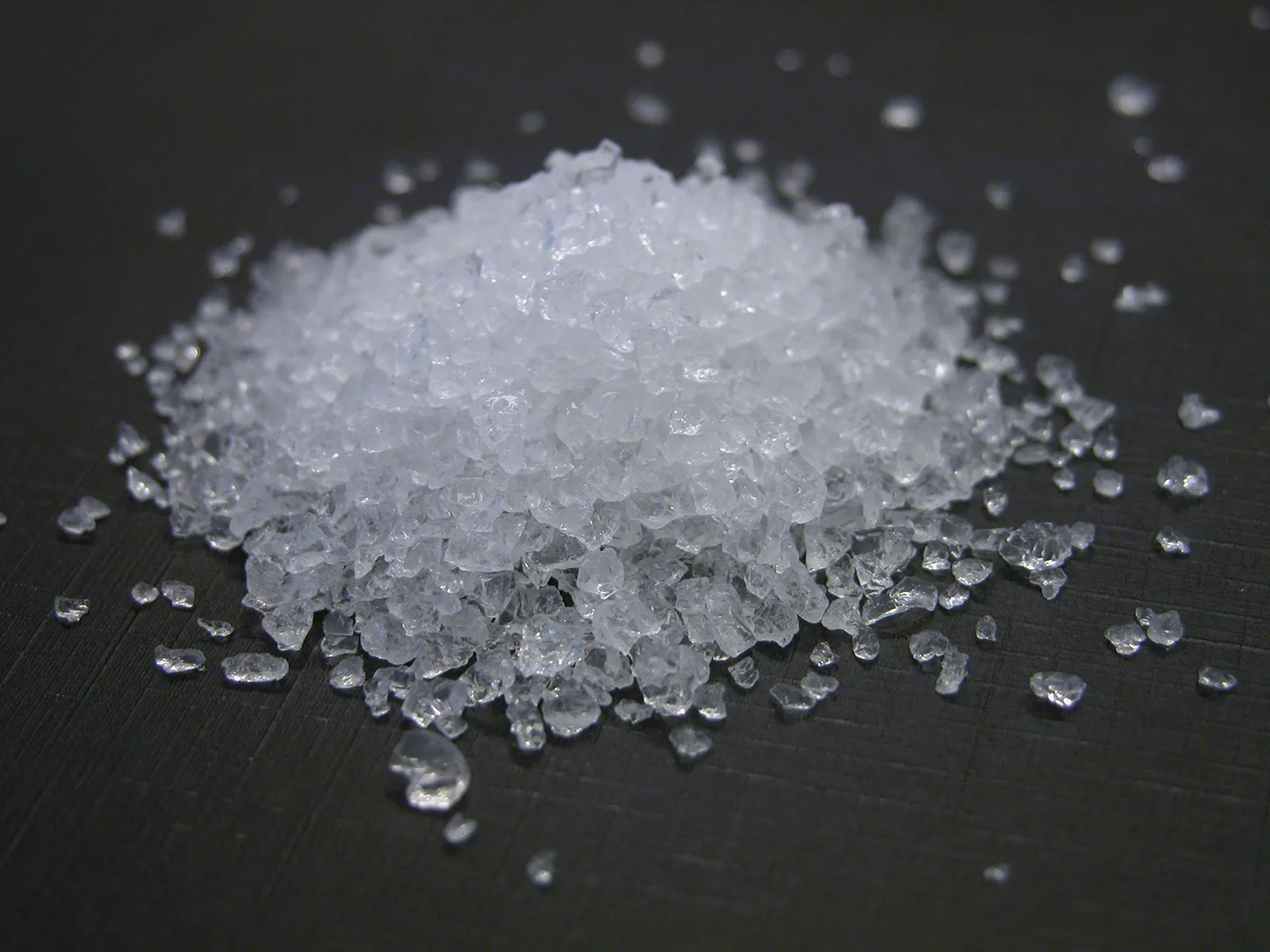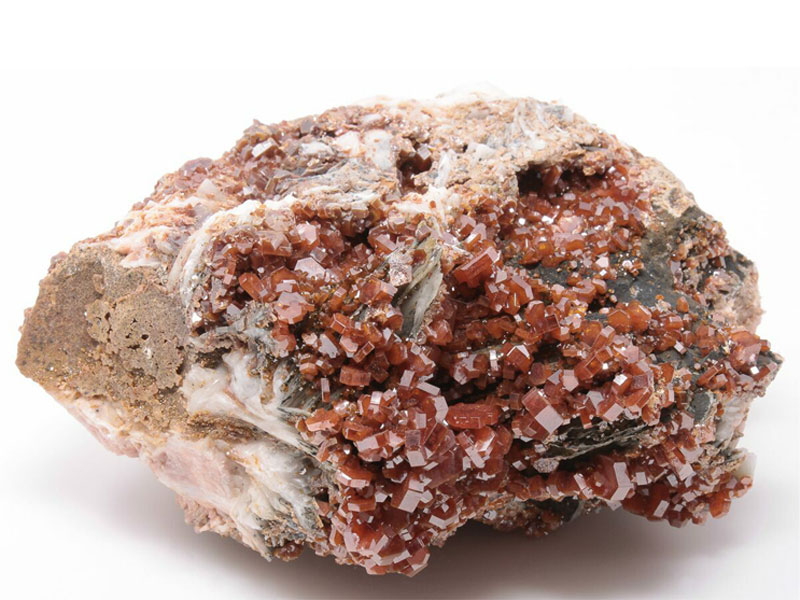Silica, an essential raw material, plays a significant role in various industries, from construction to electronics and cosmetics. Silica suppliers are the backbone of these industries, providing the necessary building blocks for a sustainable and thriving future. This article explores the importance of silica, its diverse applications, and the crucial role played by suppliers in meeting the growing demand.
Read More: Silica
What is Silica?
Silica, also known as silicon dioxide (SiO2), is a naturally occurring compound found abundantly in the Earth’s crust. It exists in various forms, such as quartz, sand, and silica gel. Due to its unique properties, silica is a versatile material with extensive applications across multiple sectors.
The Role of Silica Suppliers
Silica suppliers play a vital role in bridging the gap between manufacturers and end-users. They extract, process, and distribute silica in its various forms to meet the specific requirements of different industries. These suppliers are responsible for ensuring a stable and reliable supply chain to cater to the increasing demand for silica.
Read More: Drilling Bentonite
Applications of Silica:
Construction Industry
Silica is an essential component of construction materials like concrete, mortar, and stucco. Its high strength, durability, and resistance to weathering make it an ideal ingredient in creating long-lasting infrastructure.
Electronics and Semiconductors
In the electronics industry, silica is widely used in the production of semiconductors, optical fibers, and various electronic components. Its excellent thermal and electrical insulating properties make it an indispensable material for modern electronic devices.
Read More: Limstone
.
Glass Manufacturing
Silica is the primary component of glass, which finds application in windows, bottles, mirrors, and various household items. It provides transparency, hardness, and resistance to extreme temperatures, making glass an indispensable material in our daily lives.
Cosmetics and Personal Care
Silica is commonly used in cosmetics and personal care products due to its absorbent and anti-caking properties. It enhances the texture and performance of makeup products, ensuring a smooth and long-lasting finish.
Oil and Gas Industry
In the oil and gas industry, silica plays a crucial role as a proppant in hydraulic fracturing (fracking). It helps create fractures in the rock formations, allowing oil and gas to flow more freely to the wellbore.
Read More: Bitumen
The Growing Demand for Silica
With the rapid industrialization and technological advancements, the demand for silica has been steadily increasing. As a result, silica suppliers face the challenge of meeting this demand while maintaining product quality and adhering to environmental regulations.
Read more: Wikipedia
Sustainability Initiatives in the Silica Industry
Resource Management
Silica suppliers are adopting sustainable practices, such as responsible mining and resource management, to ensure the long-term availability of this valuable raw material.
Energy Efficiency
Efforts are being made to optimize energy consumption during the extraction and processing of silica. This includes the use of renewable energy sources and energy-efficient technologies.
Waste Reduction and Recycling
Silica suppliers are exploring innovative ways to minimize waste generation and promote recycling to reduce the environmental impact of silica-related industries.
Read More: Gypsum
Conclusion
Silica suppliers are the unsung heroes behind the success of various industries. Their efforts in providing a steady supply of this essential raw material have paved the way for advancements in construction, electronics, glass manufacturing, cosmetics, and more. By embracing sustainability initiatives, these suppliers are ensuring a brighter and greener future for generations to come.
FAQs
[vc_toggle title=”What are the main types of silica used in different industries?”]Silica is commonly found in three main forms: quartz, sand, and silica gel. Each form has unique properties suitable for different applications in various industries.[/vc_toggle][vc_toggle title=”How does silica contribute to environmental sustainability?”]Silica plays a vital role in sustainable construction practices, energy-efficient electronics, and waste reduction efforts, making it a key player in environmental preservation.[/vc_toggle][vc_toggle title=”Are there any substitutes for silica in industrial applications?”]While some applications allow for substitutes, silica’s unique properties and wide availability make it challenging to find equally effective alternatives in many industries.[/vc_toggle][vc_toggle title=”How do silica suppliers ensure product quality?”]Silica suppliers employ strict quality control measures throughout the extraction, processing, and distribution stages to maintain consistent product quality.[/vc_toggle][vc_toggle title=”What role does silica play in the oil and gas industry?”]Silica serves as a proppant in hydraulic fracturing, creating fractures in rock formations to enhance the flow of oil and gas from wells.








